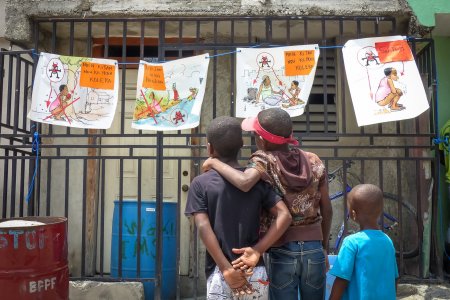 MSF/Lauranne Grégoire
Review
MSF/Lauranne Grégoire
Review
12/23/2019
Rony Brauman
The cholera outbreak in Haiti in October 2010 was among the deadliest in modern history, with 800,000 people infected and 10,000 fatalities. And these are just the official figures. The actual death toll was far higher, as evidenced by numerous retrospective mortality surveys, and can only be expressed as an order of magnitude: to wit, several tens of thousands.
This book recounts eight years of struggle on two fronts that the author shows to be closely linked: the field, with the implementation of measures of prevention and case management; the scientific debate, in the form of a shattering of the dominant environmental theory concerning the origin of the epidemic.
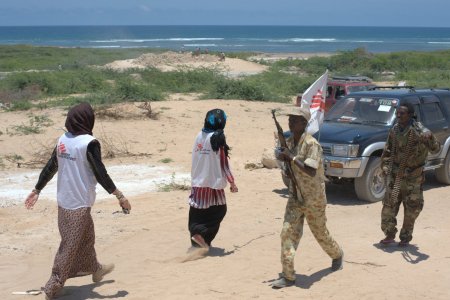 Yann Libessart
Analysis
Yann Libessart
Analysis
09/01/1993
Rony Brauman
In 1993, Médecins Sans Frontières left Somalia and denounced the methods of UN troops who were violating the very humanitarian principles in whose name they intervened.
 Analysis
Analysis
02/22/2007
Fabrice Weissman
Fabrice Weissman looks at the major stages of the Darfur conflict since 2003 from the perspective of a humanitarian medical organisation. He questions the predominant reading of this crisis, and cautions against the illusions of international armed intervention in the region.
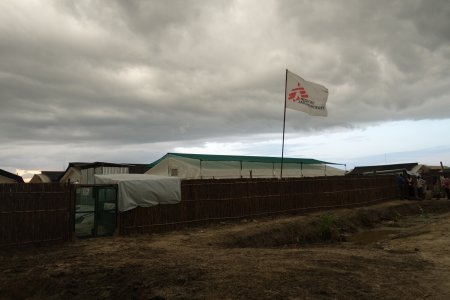 Jacob Kuehn
Analysis
Jacob Kuehn
Analysis
10/01/2009
Fabrice Weissman
This essay points out the fragility of the arguments most often used by humanitarian organizations to justify their support for an international criminal court. Questioning NGOs' infatuation with punitive justice, Fabrice Weissman argues that humanitarian organizations should advocate for politics of aid and mediation rather than for a global moral order based on judicial punishment and just war.
 Analysis
Analysis
07/03/2014
Rony Brauman
Michaël Neuman
We often hear it said within MSF that the aid system is unable to provide effective relief, or that the aid system’s ability to provide aid is in decline. These statements, which suggest that MSF is itself outside the "system", are based on the very real number of people in relief operations who need help but do not receive it, or do not receive enough of it.
 Francesco Zizola
Analysis
Francesco Zizola
Analysis
01/30/2015
Fabrice Weissman
This article is an English translation of an interview of Fabrice Weissman about the State of the Humanitarian Sector, in Revue Internationale et Stratégique (n°98, 2015/2) published by the Institut de Relations Internationales et Stratégiques
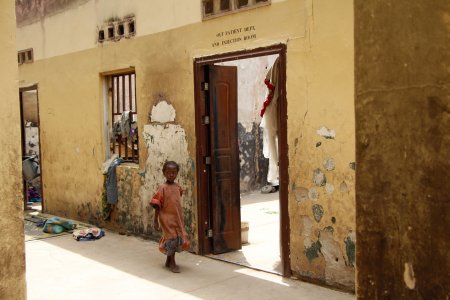 Benoit Finck
Analysis
Benoit Finck
Analysis
07/25/2016
Rony Brauman
Rony Brauman focuses on the humanitarian environment and practices in war, in order to try to understand and analyze its political and ethical stakes. Starting with the creation of the Red Cross at the end of the XIXth century, he then focused on the contemporary postcolonial period, switching between various scales and reporting on contradictory points of view and issues.
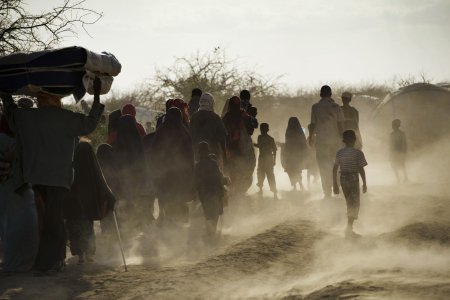 Lynsey Addario
Interview
Lynsey Addario
Interview
11/18/2016
Rony Brauman
Michaël Neuman
MSF Crash's directors of studies, Rony Brauman and Michaël Neuman talk about MSF's refugee camp experience.
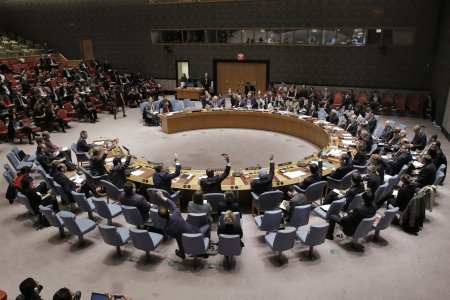 Paulo Filgueiras
Interview
Paulo Filgueiras
Interview
09/27/2016
Michaël Neuman
Fabrice Weissman
Interview with Michaël Neuman and Fabrice Weissman, research directors at Crash. On Wednesday 28 September, MSF is invited to attend a UN Security Council briefing on resolution 2286, adopted in May 2016, which strongly condemns attacks against medical personnel and establishments in conflict situations.
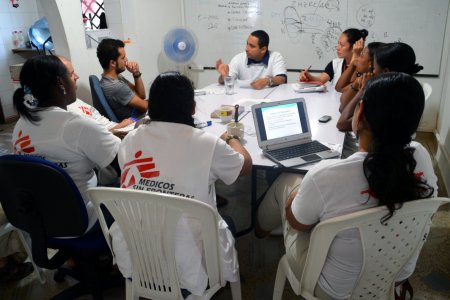 Aurelie Baumel
Opinion
Aurelie Baumel
Opinion
07/23/2014
Clémentine Olivier
Humanitarian Affairs Advisor for the Canadian section of MSF, Clémentine Olivier reviews a recently published OCHA report 'Saving Lives Today and Tomorrow' (March 2014).
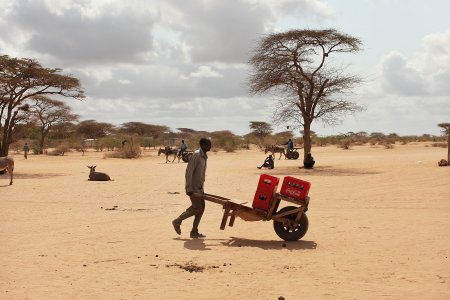 Spencer Platt
Analysis
Spencer Platt
Analysis
07/03/2014
Michaël Neuman
Rony Brauman
We often hear it said within MSF that the aid system is unable to provide effective relief, or that the aid system's ability to provide aid is in decline. Rony Brauman and Michaël Neuman aim at exploring MSF's relationship with the aid system, while showing how the ambitions of the aid system itself have evolved.
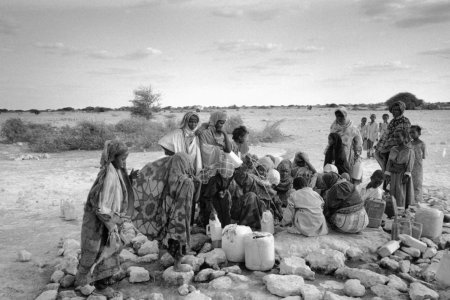 Petterik Wiggers
Speaking Out Case Studies
Petterik Wiggers
Speaking Out Case Studies
11/13/2013
Laurence Binet
The ‘Somalia 1991-1993: Civil War, Famine Alert and a UN "Military-Humanitarian" Intervention‘ case study is describing the difficulties and dilemmas met by MSF during the first years that it was committed to helping the Somali people.
 MSF/Lauranne Grégoire
Review
MSF/Lauranne Grégoire
Review









